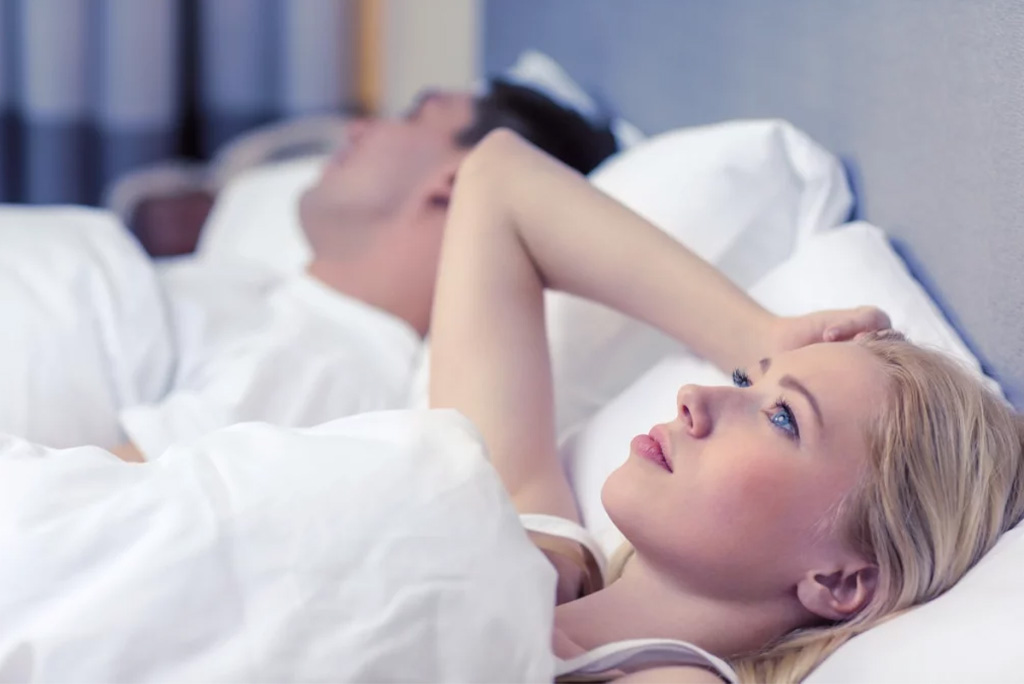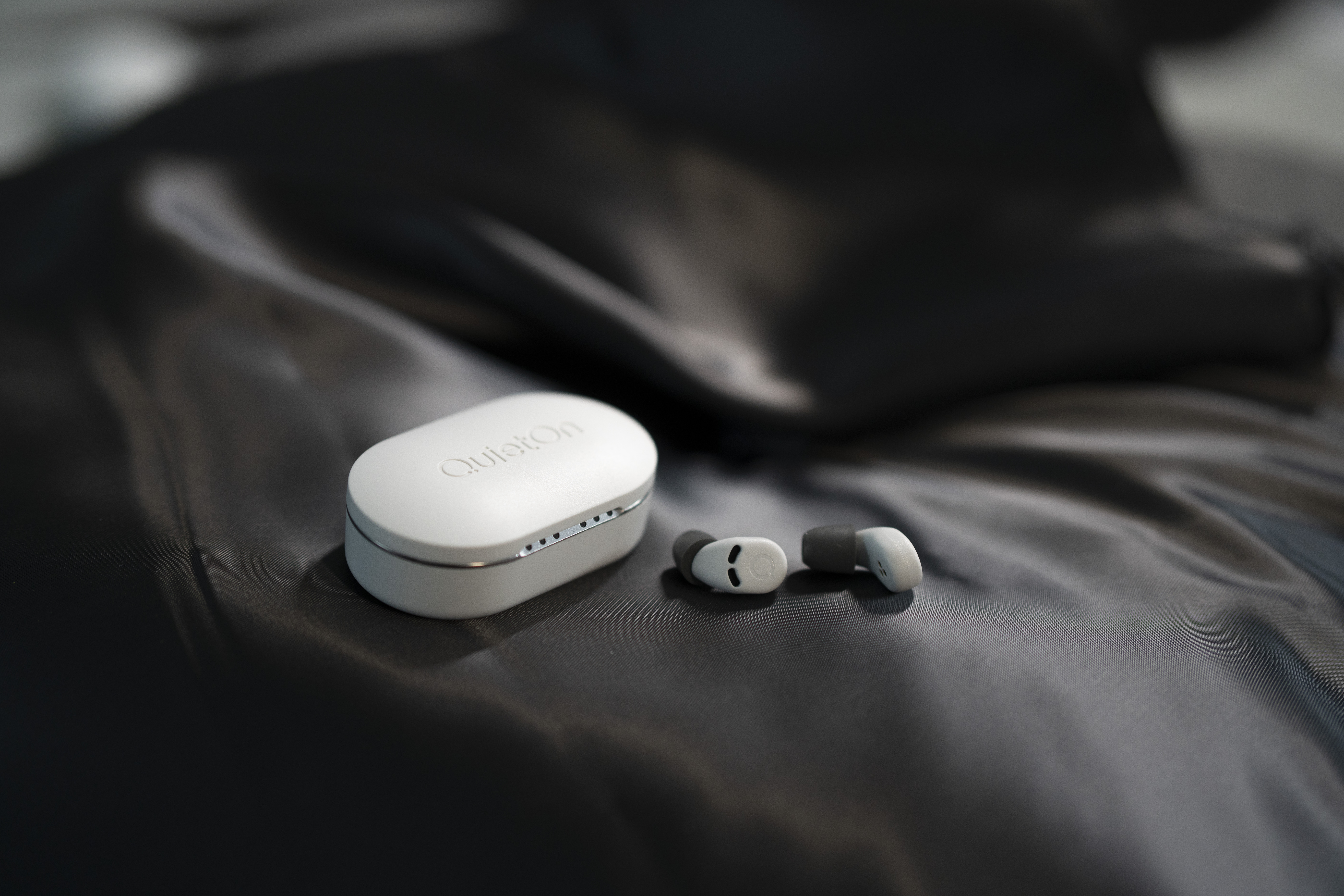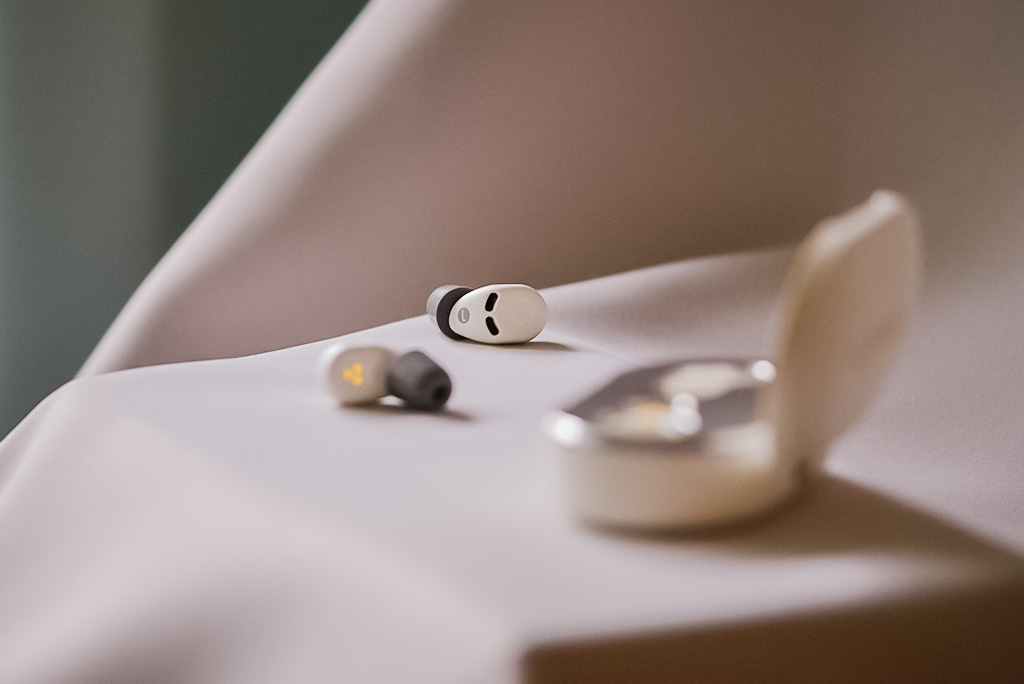Your cart is currently empty!
Why Sleep is Important for Students?
Students are often very much up to date with trends, and unfortunately, don’t seem to make an exception when it comes to sleeping. Sleep deprivation has long ago become an epidemic in the developed countries and young people are more than happy to get infected. What is worse, this bad habit is adopted at a…
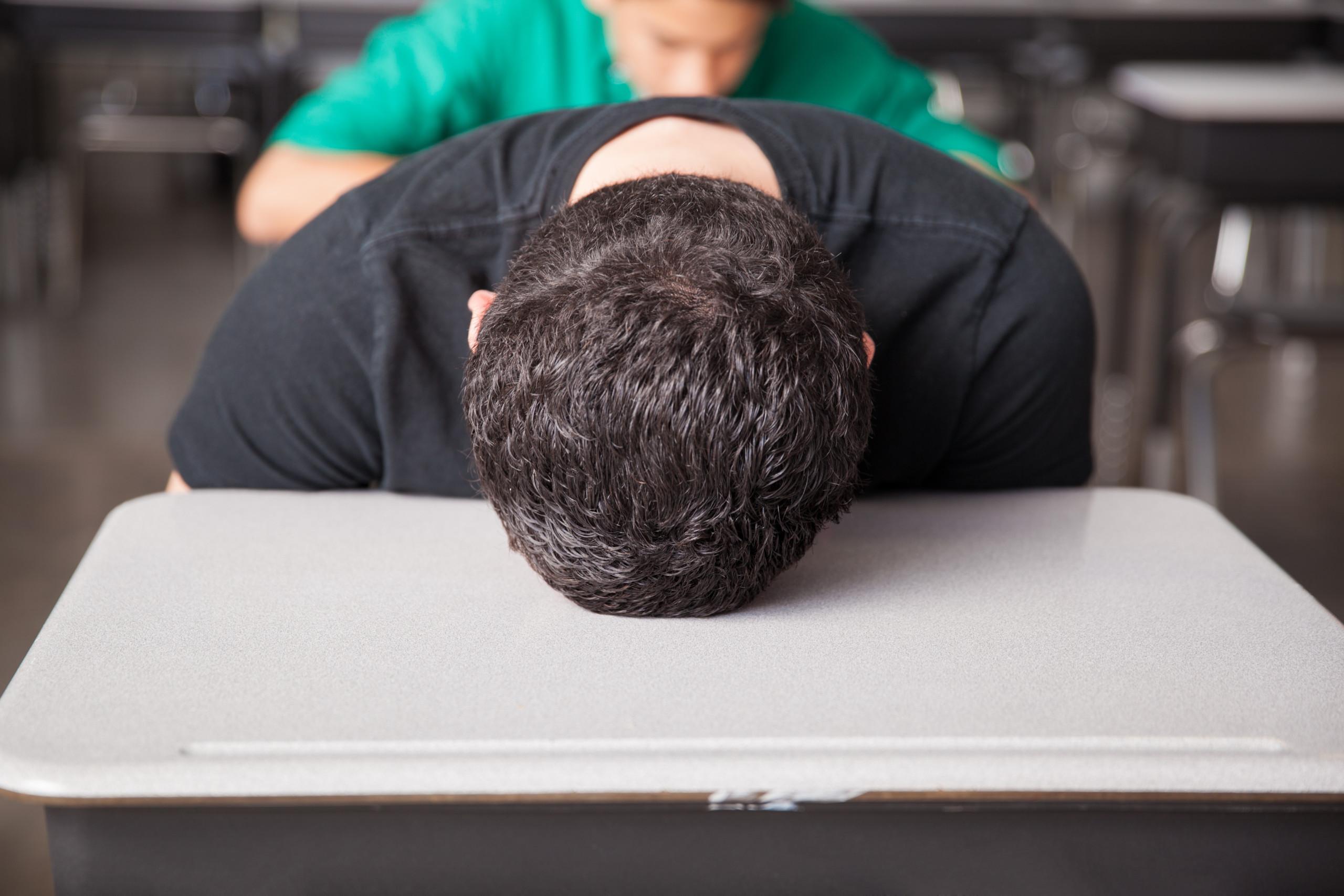
Students are often very much up to date with trends, and unfortunately, don’t seem to make an exception when it comes to sleeping. Sleep deprivation has long ago become an epidemic in the developed countries and young people are more than happy to get infected. What is worse, this bad habit is adopted at a younger and younger age.
Adequate and good quality sleep contributes to the health and overall well-being of everyone. This is even more acute with students who need to assimilate a staggering amount of information and skills – often in a fairly short period of time.
In this new article series, we’ll be looking into the relation between students and sleep. As a kick-off we’ll determine why in particular sleep is so important for students and do it through the following subjects.
1. How much sleep do students need?
2. How much sleep do students get?
3. Why is sleep so important for students?
4. Students need sleep to concentrate
5. Sleep is important for learning
6. Physical performance requires students to sleep
7. Adverse effects of student sleep deprivation
8. Better sleep is important for students
How much sleep do students need?
The amount of sleep a person naturally requires is to a certain degree individual. However, it can be stated that practically everyone falls into the range of sleeping hours recommended according to age. The classifications may differ from one source to another, but the actual recommended hours are, thanks to clinically determined results, pretty much the same everywhere.
For example, The American Academy of Sleep Medicine classifies the recommendations as follows:
| Ages | Recommended Hours of Sleep per 24 hours |
| 6-12 | 9 to 12 |
| 13-18 | 8 to 10 |
The chart should be interpreted in such a way that the younger a person is, the more sleep the person needs. It is also important to notice that the amount of sleep needed doesn’t exactly drop as one enters puberty. In fact, it might even slightly increase. This is due to the many changes the body goes through during this time of life. More on this later on.
How much sleep do students get?
Within the busy schedule of student life, sleep time is understandably, yet regrettably, very often cannibalized for the benefit of other pastimes such as academic, social, and extracurricular activities.
During COVID lockdowns, and the ensuing generalization of distance learning, have allowed students more freedom in scheduling their studies. While this can have its benefits, it no doubt has its downsides too – especially when it comes to sleeping. When you take into account pre-recorded classes or for example asynchronous course content and combine it with the age-old subconscious mantra of student life: ‘Why do something now if you can do it later’… well, you know where we’re getting at.
A study made in 24 North American and European countries found that the average sleep duration of adolescents ranged between 7:47 and 9:07. Even though from an adult’s point of view these kinds of hours might seem decent, if not royal, the proportion of adolescents meeting sleep recommendations only ranged between 32 % and 86 %.
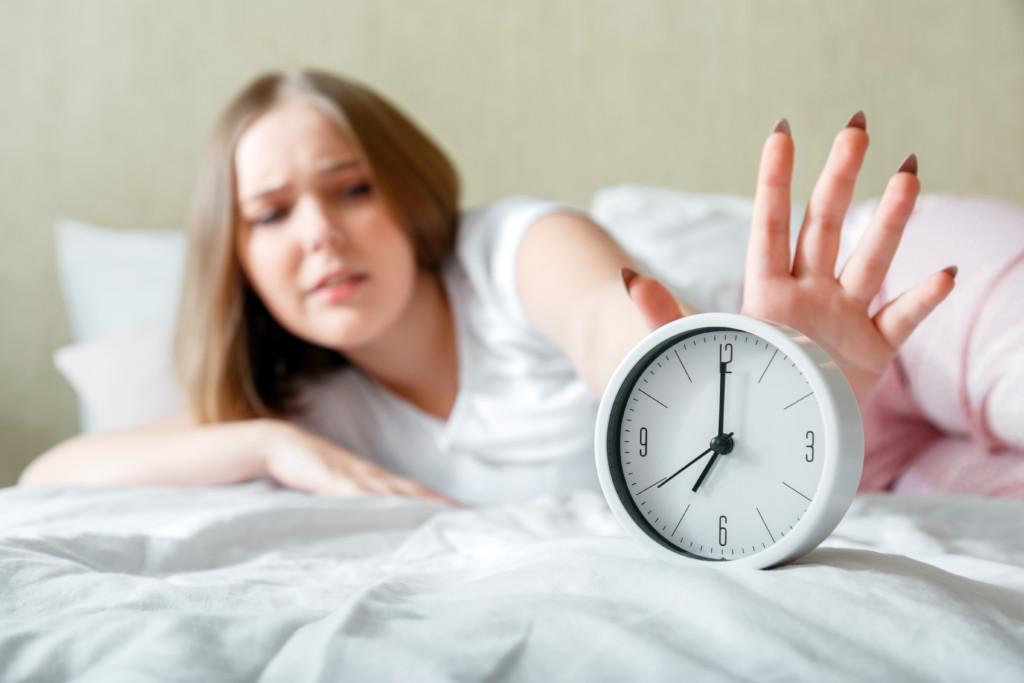
According to the 2015 study of the American organization Centers for Disease Control and Prevention (CDC) majority of middle school and high school students slept less than recommended. Children aged 6 to 12 and reported sleeping less than 9 hours were considered to not get enough sleep. With teenagers aged 13 to 18 years the similar borderline was 8 hours. In the results 6 out of 10 and 7 out of 10 respectively slept less than recommended. And this was way before the pandemic!
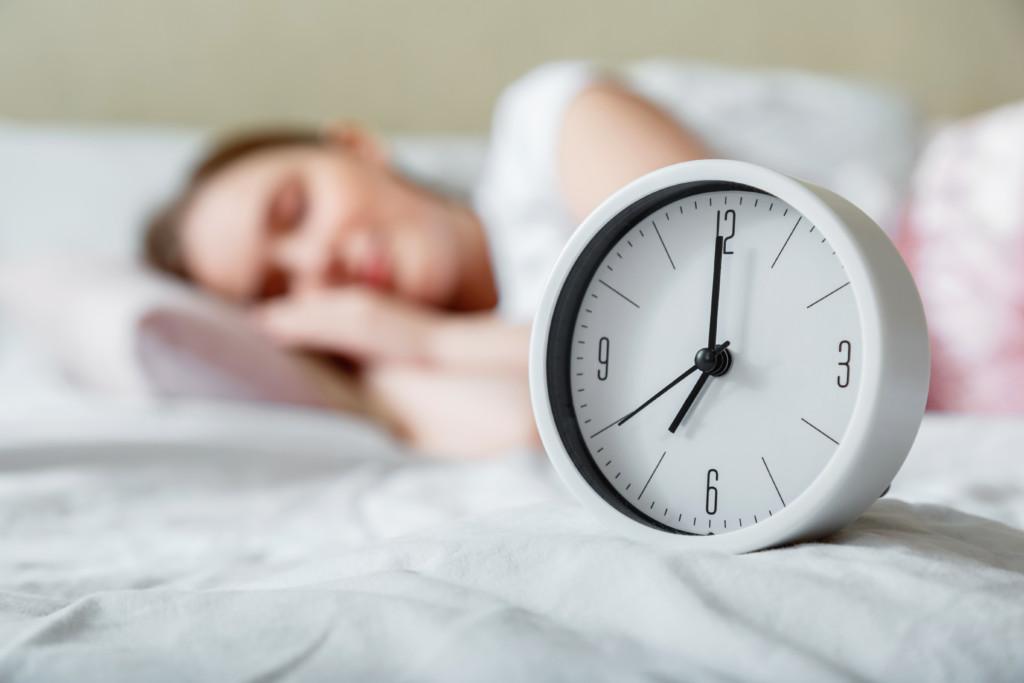
There is also a myriad of studies concerning the sleeping habits of students of higher education that eliminate the hope that this age group would represent an exception in the epidemic. The trend of poor sleeping habits is similar in pretty much all developed countries which sleep experts link to especially the use of mobile devices in bedrooms late at night.
Why is sleep so important for students?
Students are human beings (although as underaged they sometimes behave like superhumans and during later years might get caught partying like animals). Just like any other people, for them sleep is a basic need their system requires to stay healthy and to function properly. As we’ve already determined, fulfilling this need can nowadays be a challenge in itself. As a student, on top of that there is the added age-related effects as well as the heavy burden of studying.
What is easily overlooked is that the whole decade-long period people spend in their basic education are also in the varying stages of all kinds of physical and mental changes. Growth spurts, sexual maturing and psychological development demand a lot from the body and mind. As sleep is the only thing that truly allows us to recover and develop, the need is only emphasized in young students.
Sufficient and good quality sleep is needed to be able to focus on studies, memorize and learn new information and skills, as well as maintain and improve overall academic performance. More on this next.
Students need sleep to concentrate
One of the most crucially important factors in academic performance is the ability to focus and concentrate. Insufficient sleep causes trouble in orienting oneself to the matter at hand, not to mention keeping up with it. If you are not able to focus on a lecture or to concentrate on reading material, how do you memorize or learn the stuff you’re studying? Hey! You there..?
Sleep is important for learning
Even one poorly slept night causes hindrances in cognitive performance. The amount of information that trickles through to consciousness while your mind is wandering should still somehow get stored for later use. The problem is that lack of sleep challenges the function of working memory. One or even a couple of poorly slept nights obviously won’t cause permanent damage or lead anyone’s academic career to ruin. However, the more systematic the sleep deprivation gets, the more severe the cognitive hindrances also become.
Physical performance requires students to sleep
Although some people may have a little less pleasant memories of physical education than others, playing sports is usually a tight part of student life. As such it is one of the factors that increase the load a student must recover from on a weekly basis. Sleep as the number one recovery mean is also paramount in preventing injuries, especially strain injuries. The need for sleep obviously increases should a student be a part of for example the school’s sports team or study in a sports-oriented school. Read more about the role of sleep in athlete recovery and about the overall cornerstones of sports performance in our earlier articles.
Adverse effects of student sleep deprivation
On top of the aforementioned challenges, children and adolescents who do not get enough sleep have an elevated risk of contracting many health problems, including obesity, type 2 diabetes, as well as a variety of mental problems. They are also more likely to have attention and behavior problems, which can contribute to poor academic performance in school. Read more about the psychological effects of sleep deprivation in one of our recent articles.
Better sleep is important for students
With adults the question of responsibility over one’s own sleeping habits is no question at all (excluding some medical conditions or other pre-existing conditions that cannot be helped). But when it comes to underaged students, the subject is a more slippery slope.
Sometimes, as lack of sleep affects schoolwork negatively, manifesting itself for example lack of concentration or bad behavior, it might stir up a conversation between the teacher and parents. In some cases, the school emphasizes the role of parenting. On others, parents might feel like their youngsters would do better if the school took care of something.
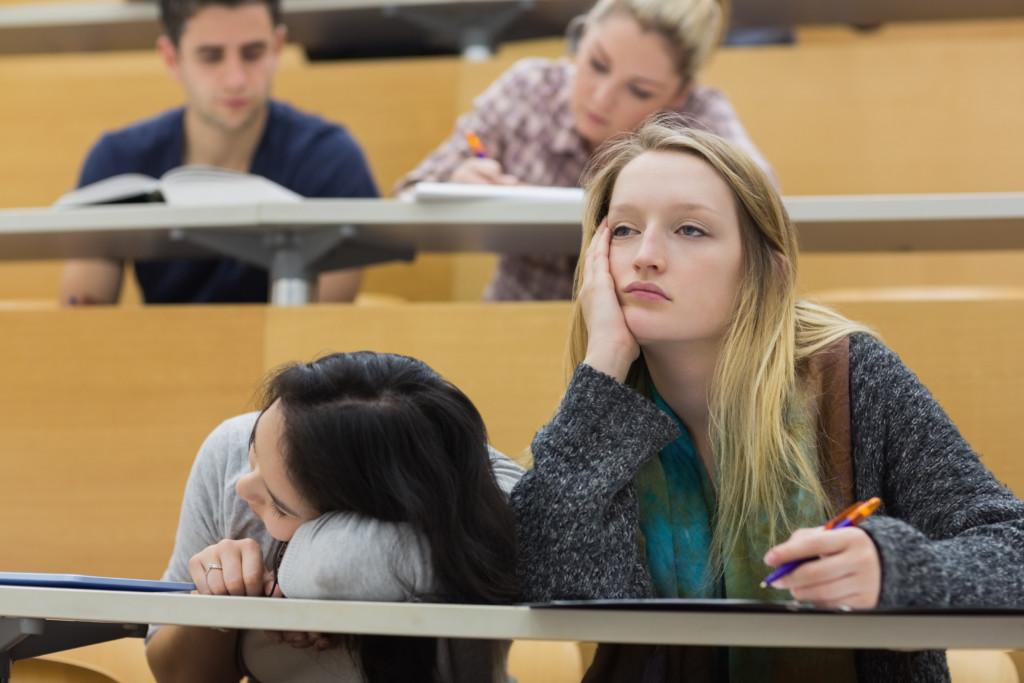
Oftentimes neither of these standpoints are completely wrong. Although no sensible parent can expect school to take responsibility for the sleeping habits of their children, there are a couple of matters that get brought up every once and a while. First is the amount of schoolwork in relation to free time which the students, as well as their parents, sometimes experience as excessive.
The other is the relation of school schedule and the natural sleep patterns of teenagers. As we mentioned before, puberty doesn’t exactly lessen the amount of sleep needed. What it might do, though, is a shift in natural sleep patterns caused by hormonal changes. What is often seen as sleep time procrastination and laziness can in fact in many cases be about natural bedtime and early morning wake-up calls colliding in a way that squeezes sleep time too tight. As a result, students spend their weekdays in a state of sleep deprivation and find it extremely difficult to concentrate, especially on the morning classes. Clinical evidence of this phenomenon is mounting up and every once and a while petition for later start times for school days are made.
Just like adults, students are at the mercy of all kinds of different factors that affect sleep time and hygiene. Luckily there are many ways to help this. Check out our hints for better sleep and ways to make sleep surroundings calmer and quieter. Also check out how QuietOn 3, the world’s smallest and best sleep aiding Active Noise-Cancelling earbuds, can help you out.
References
https://www.bbc.com/news/business-22209818
https://www.cdc.gov/healthyschools/features/students-sleep.htm
https://www.cdc.gov/healthyschools/sleep.htm
https://kidshealth.org/en/parents/sleep-problems.html
https://www.sciencedirect.com/science/article/pii/S1054139X20301282
http://www.sleepeducation.org/docs/default-document-library/pediatric-sleep-consensus.pdf
https://www.sleepfoundation.org/sleep-deprivation/lack-of-sleep-and-cognitive-impairment
Related articles
Have a Good Rest
Sleep Peacefully
Athlete Recovery – The Importance of Good Sleep
Improve Sleep Quality with QuietOn
Sports Performance – The Key Ingredients for Better Results
Sleep Debt – The Long Term Side Effects
Psychological Effects of Sleep Deprivation


